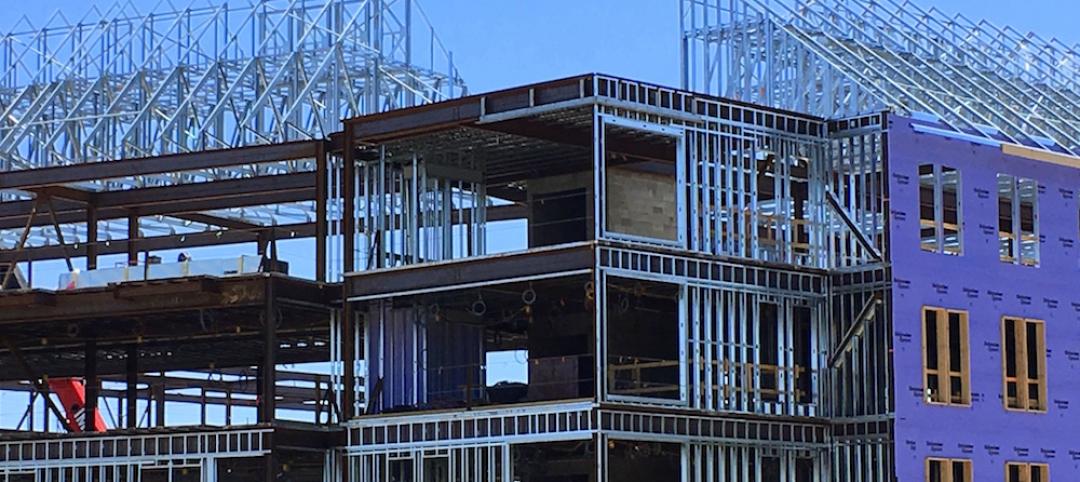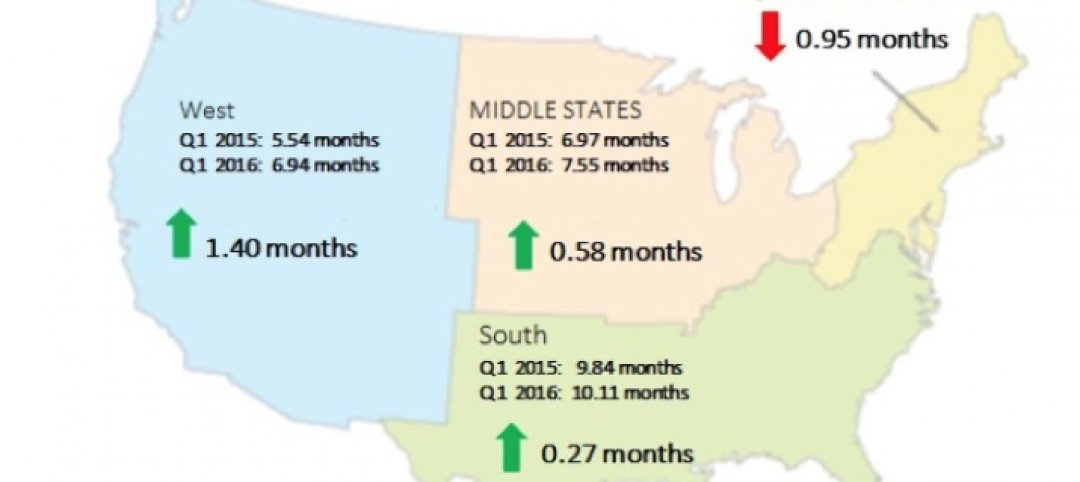Analysts at Lodging Econometrics (LE) report that at the close of the first quarter of 2020*, the top five U.S. markets with the largest total hotel construction pipelines are: Los Angeles with 166 projects/27,752 rooms; Dallas with 164 projects/19,999 rooms; New York City with 152 projects/26,111 rooms; Atlanta with 143 projects/19,423 rooms; and Houston with 132 projects/13,316 rooms.
Nationally, under construction project counts hit a new all-time high with 1,819 projects with 243,100 rooms. Markets with the greatest number of projects already in the ground are led by New York City with 108 projects/18,434 rooms. Atlanta follows with 48 projects/6,002 rooms, and then Dallas with 46 projects/5,603 rooms, Los Angeles with 43 projects/6,851 rooms, and Orlando with 39 projects/9,394 rooms. Collectively, these five markets account for 16% of the total number of projects currently under construction in the U.S.
In the first quarter, Dallas had the highest number of new projects announced into the pipeline with 13 projects/1,461 rooms. Washington DC follows with 8 projects/1,145 rooms, then Phoenix with 8 projects/904 rooms, Los Angeles with 7 projects/1,103 rooms, and Atlanta with 7 projects/774 rooms.
As has been widely reported, the majority of hotels across America are experiencing an extreme decrease in occupancy and some have even closed temporarily. Many companies are using this time to complete updates, plan or start renovations or reposition their assets. LE recorded renovation and conversion totals of 1,385 active projects/232,288 rooms in the first quarter of 2020. The markets with the largest count of renovation and conversion projects combined are Chicago with 32 projects/5,565 rooms, Washington DC with 26 projects/5,491 rooms, Los Angeles with 26 projects/4,271 rooms, New York City with 21 projects/8,151 rooms and San Diego with 21 projects/4,456 rooms.
FOOTNOTE:
*COVID-19 (coronavirus) did not have a full impact on first quarter 2020 U.S. results reported by LE. Only the last 30 days of the quarter were affected. LE’s market intelligence department has and will continue to gather the necessary global intelligence on the supply side of the lodging industry and make that information available to our subscribers. It is still early to predict the full impact of the outbreak on the lodging industry. We will have more information to report in the coming months.
Related Stories
Multifamily Housing | Aug 12, 2016
Apartment completions in largest metros on pace to increase by 50% in 2016
Texas is leading this multifamily construction boom, according to latest RENTCafé estimates.
Market Data | Jul 29, 2016
ABC: Output expands, but nonresidential fixed investment falters
Nonresidential fixed investment fell for a third consecutive quarter, as indicated by Bureau of Economic Analysis data.
Industry Research | Jul 26, 2016
AIA consensus forecast sees construction spending on rise through next year
But several factors could make the industry downshift.
Architects | Jul 20, 2016
AIA: Architecture Billings Index remains on solid footing
The June ABI score was down from May, but the figure was positive for the fifth consecutive month.
Market Data | Jul 7, 2016
Airbnb alleged to worsen housing crunch in New York City
Allegedly removing thousands of housing units from market, driving up rents.
Market Data | Jul 6, 2016
Construction spending falls 0.8% from April to May
The private and public sectors have a combined estimated seasonally adjusted annual rate of $1.14 trillion.
Market Data | Jul 6, 2016
A thriving economy and influx of businesses spur construction in downtown Seattle
Development investment is twice what it was five years ago.
Multifamily Housing | Jul 5, 2016
Apartments continue to shrink, rents continue to rise
Latest survey by RENTCafé tracks size changes in 95 metros.
Multifamily Housing | Jun 22, 2016
Can multifamily construction keep up with projected demand?
The Joint Center for Housing Studies’ latest disection of America’s housing market finds moderate- and low-priced rentals in short supply.
Contractors | Jun 21, 2016
Bigness counts when it comes to construction backlogs
Large companies that can attract talent are better able to commit to more work, according to a national trade group for builders and contractors.

















